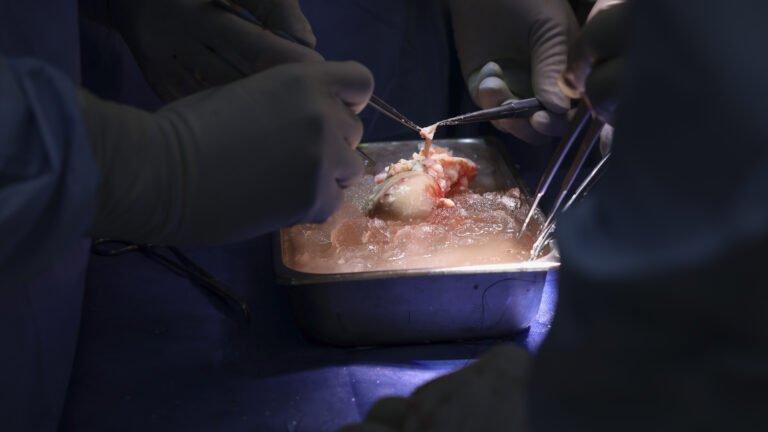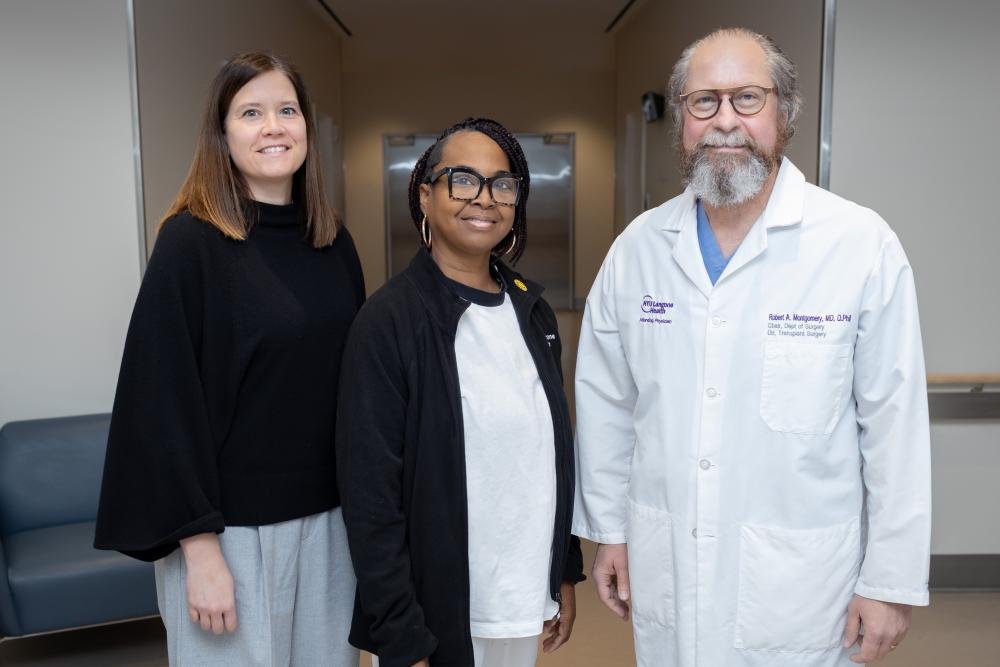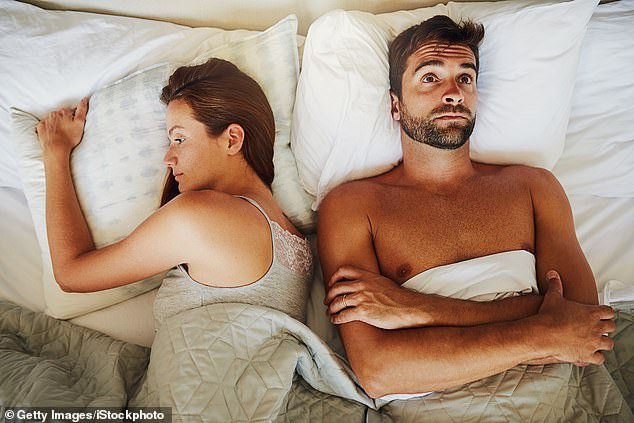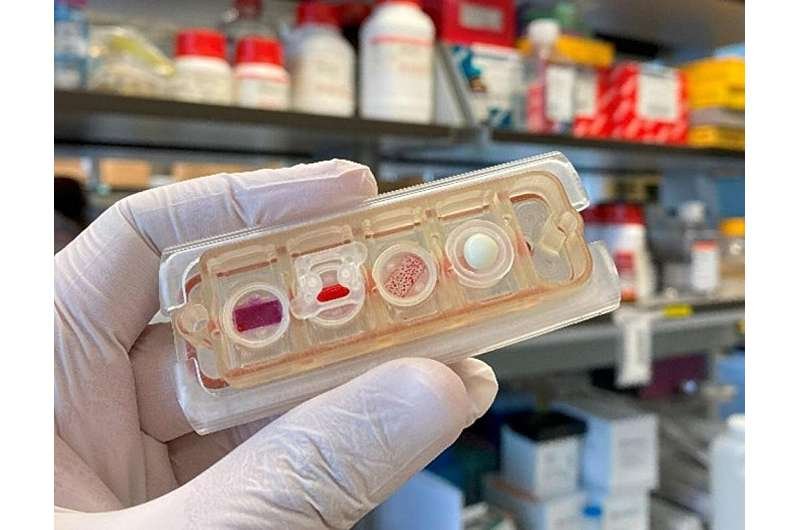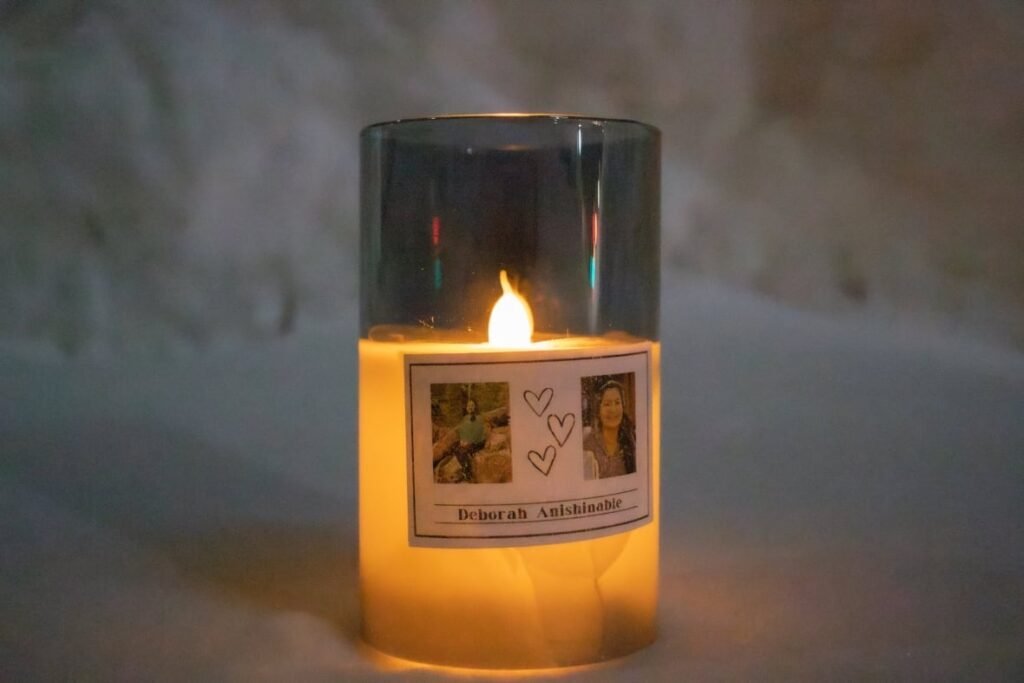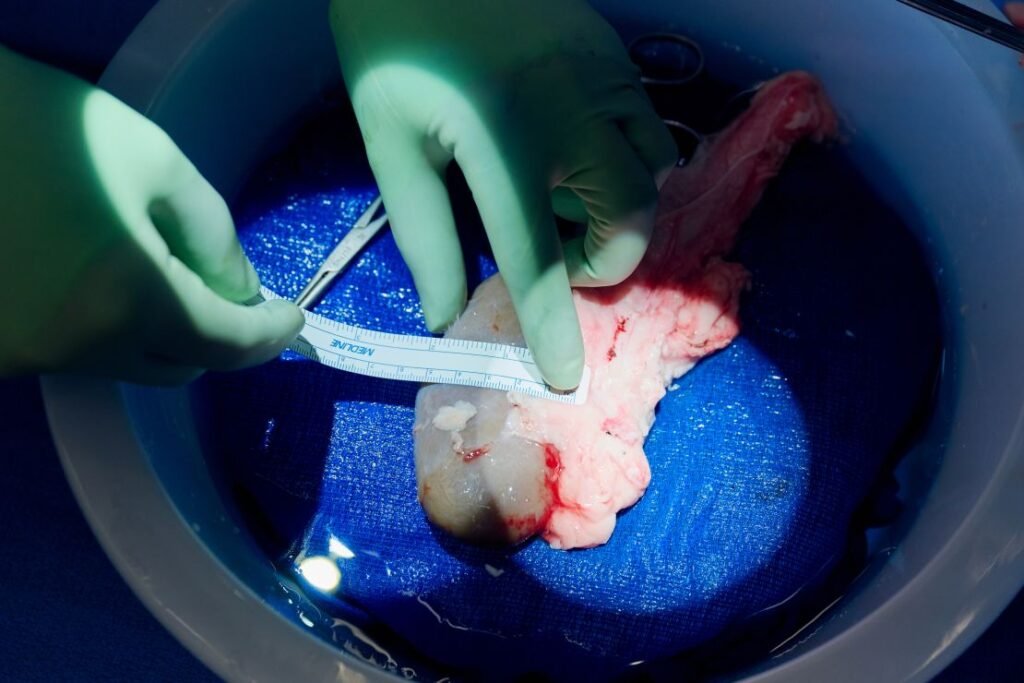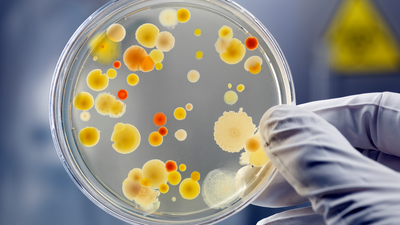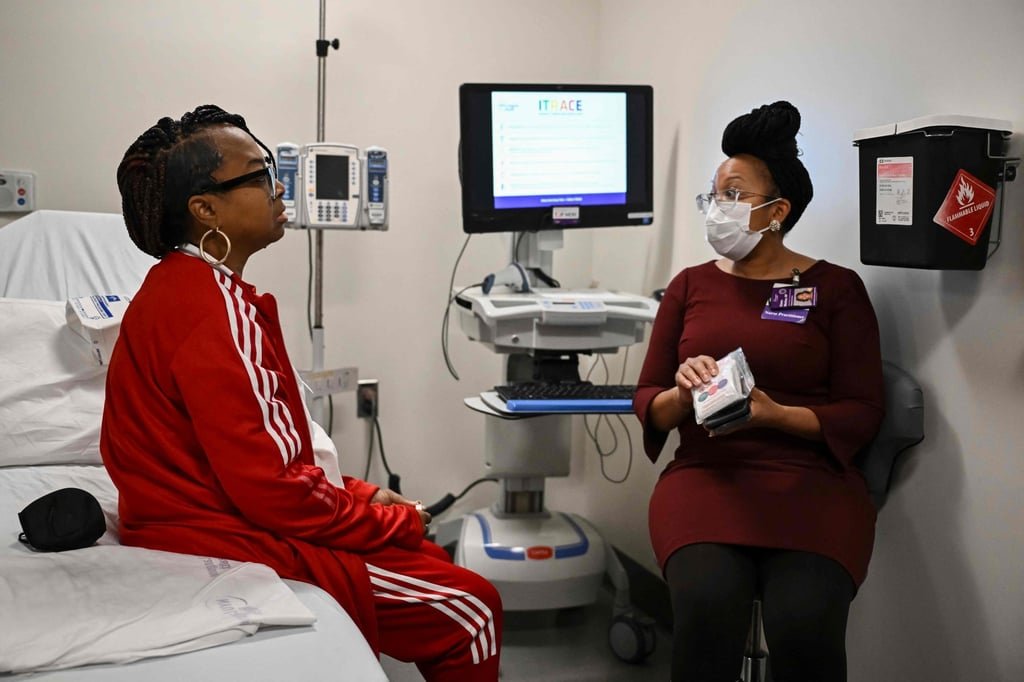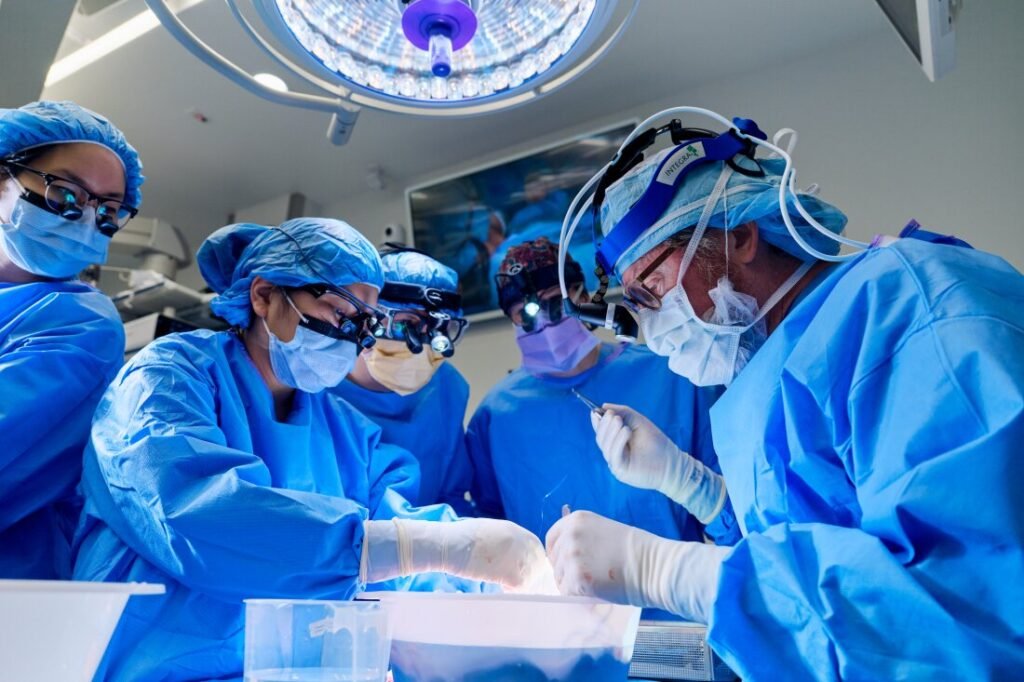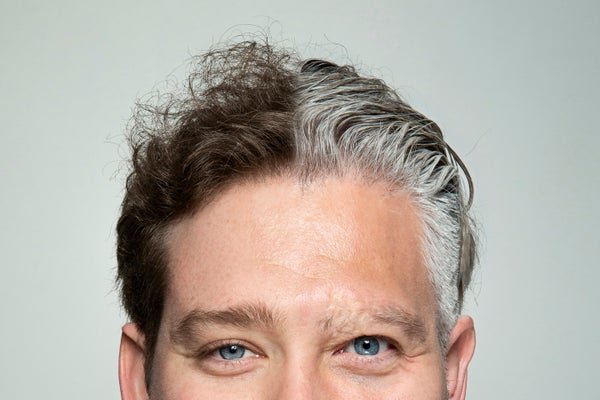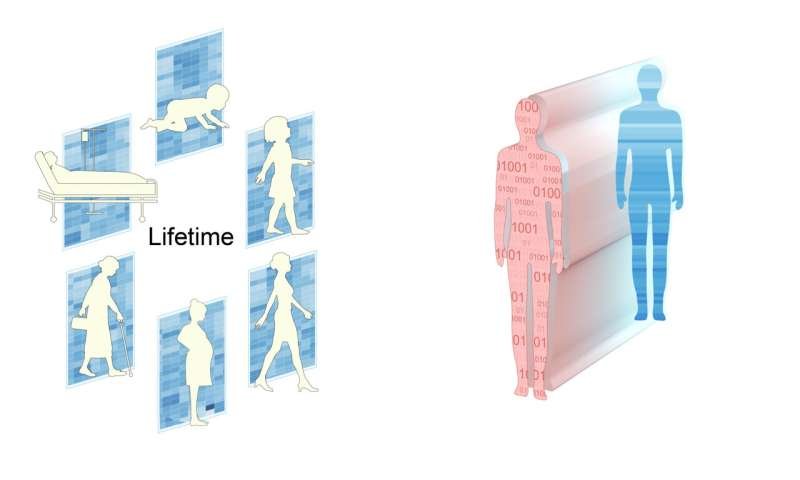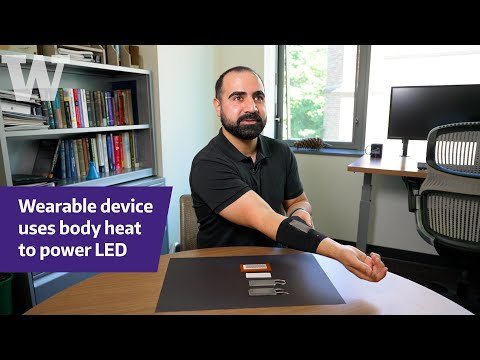The UK bed specialist, and sleep expert Dr Sophie Bostock have created a 3D model named ‘Hannah’ to show the effects of long-term sleep deprivation.
The model is based on ‘scientific evidence’ and shows the potential physical impacts on the human body, including short-term memory loss, skin ageing, hair loss, and obesity.
Dr Bostock said: “Hannah is a thought-provoking illustration of the holistic impact that sleep has on maintaining overall health.
“Studies show that prolonged sleep deficiency can put you at a higher risk for conditions that may impact the heart – including obesity, heart disease and Type 2 diabetes.”
The evidence for the design of Hannah was collated from published research papers in academic journals since 2010.
This included the physical impacts on the human body, including the brain, immune system, muscles, skin, eyes and hair, that a lack of sleep can do to the body.
Using this information, the team then worked with animators and artists to create Hannah, a visual representation of the effects of lack of sleep and Britain’s ‘sleep deficit dilemma.’
Lack of sleep and an inability to ‘switch off’ have affected Hannah’s skin giving her multiple skin problems including jaundice and wrinkles.
Her sleep deprivation has also increased her sensitivity to pain and exacerbated spontaneous pain symptoms such as shoulder and back pain.

Lisa Richards, marketing director at Bensons, said: “Hannah is a worst-case scenario prediction of what could happen to somebody if they do everything badly in terms of poor sleep routine and poor mattress support.
“Of course, she doesn’t represent all Brits, but the reason we wanted to create this model was to make people think more carefully about their overall sleep experience.
“Using this visual makes it easier for people to identify with the issue and the key signs of the long-term effects of lack of sleep.”
Bensons for Beds proposes a number of strategies for Brits to take better care of themselves when it comes to avoiding the effects of no sleep, including meditation, staying hydrated and investing in a supportive mattress.
They also suggest getting out of bed at the same time as often as possible, being physically active, seeking out natural light during daylight hours, finishing your main meal at least two hours before you get ready for bed, and protecting the last 30 minutes of the day to wind down and switch off.
If you are struggling with insomnia, you can find advice from Dr Sophie Bostock on the Bensons for Beds Sleep Hub.
However, the recommended treatment for insomnia, if all else fails, is to speak to a medical professional for advice.
Your GP may be able to give you advice about healthy sleep habits or rule out other conditions which could be affecting your sleep.
Bensons for Beds Ltd operates from over 170+ stores across Britain, through its website bensonsforbeds.co.uk and telesales phone number 0808 144 6160, offering its customers three ways to shop.
It is headquartered in Accrington, Lancashire and has distribution centres in Ayr, Huncoat and Tewkesbury and employs over 1,800 across all its head office, store, manufacturing and distribution locations.

